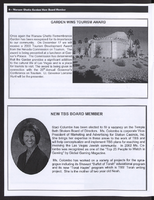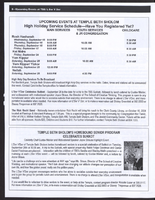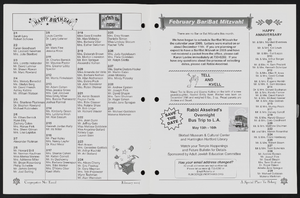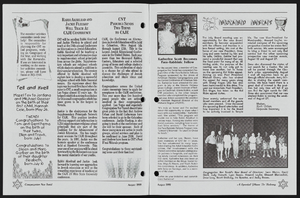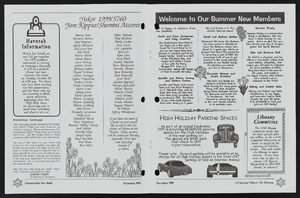Search the Special Collections and Archives Portal
Search Results

Sara Kalaoram oral history interview: transcript
Date
Archival Collection
Description
Oral history interview with Sara Kalaoram conducted by Alexandra Arabshian on November 15, 2021 for Reflections: The Las Vegas Asian American and Pacific Islander Oral History Project. Sara Kalaoram shares her immigration story to the United States from Singapore in 2002 at the age of four. She talks about her upbringing in Las Vegas, Nevada, her education from Arizona State University, and her work with the Culinary Workers Union and with Assemblyman Steve Yeager as his campaign manager and executive assistant. Sara Kalaoram discusses cultural differences between Singapore and the United States, the immigration stories of her parents, and her experience as an Asian-American immigrant in the twenty-first century.
Text

Meeting minutes for Consolidated Student Senate University of Nevada, Las Vegas, April 14, 1988
Date
Archival Collection
Description
Text

